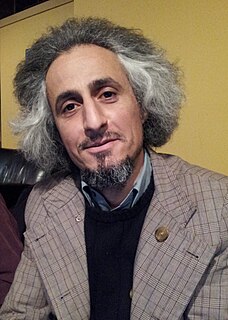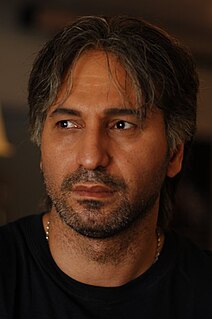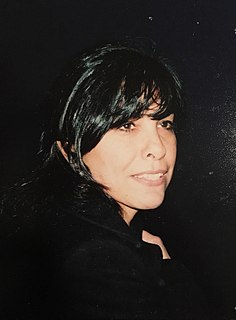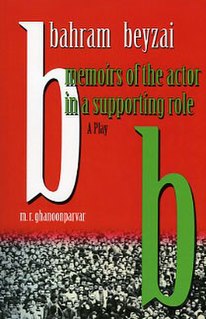This article may be expanded with text translated from the corresponding article in Persian. (July 2018)Click [show] for important translation instructions.
|
This is a list of Bahram Beyzai's speeches.
Among other occupations, throughout his career Beyzai has been a relatively prolific speaker as an academic as well as a public intellectual. Most of his notable oral output consists of Persian lectures at a number of universities, most often in Iran and the United States, but also occasionally in countries as various as France, Scotland and Canada. The majority of these is lost forever, sometimes only surviving in names and dates of the events or classes. Some are available as voice recordings, either published in print as well, like "On the Situation of Theatre and Cinema" (1977), or not; and some, particularly in the later years of Beyzai's career, are published as videos.

Persian, also known by its endonym Farsi, is one of the Western Iranian languages within the Indo-Iranian branch of the Indo-European language family. It is a pluricentric language primarily spoken in Iran, Afghanistan and Tajikistan, Uzbekistan and some other regions which historically were Persianate societies and considered part of Greater Iran. It is written right to left in the Persian alphabet, a modified variant of the Arabic script.

Iran, also called Persia, and officially the Islamic Republic of Iran, is a country in Western Asia. With over 81 million inhabitants, Iran is the world's 18th most populous country. Comprising a land area of 1,648,195 km2 (636,372 sq mi), it is the second largest country in the Middle East and the 17th largest in the world. Iran is bordered to the northwest by Armenia and the Republic of Azerbaijan, to the north by the Caspian Sea, to the northeast by Turkmenistan, to the east by Afghanistan and Pakistan, to the south by the Persian Gulf and the Gulf of Oman, and to the west by Turkey and Iraq. The country's central location in Eurasia and Western Asia, and its proximity to the Strait of Hormuz, give it geostrategic importance. Tehran is the country's capital and largest city, as well as its leading economic and cultural center.

The United States of America (USA), commonly known as the United States or America, is a country comprising 50 states, a federal district, five major self-governing territories, and various possessions. At 3.8 million square miles, the United States is the world's third or fourth largest country by total area and is slightly smaller than the entire continent of Europe's 3.9 million square miles. With a population of over 327 million people, the U.S. is the third most populous country. The capital is Washington, D.C., and the largest city by population is New York City. Forty-eight states and the capital's federal district are contiguous in North America between Canada and Mexico. The State of Alaska is in the northwest corner of North America, bordered by Canada to the east and across the Bering Strait from Russia to the west. The State of Hawaii is an archipelago in the mid-Pacific Ocean. The U.S. territories are scattered about the Pacific Ocean and the Caribbean Sea, stretching across nine official time zones. The extremely diverse geography, climate, and wildlife of the United States make it one of the world's 17 megadiverse countries.
Contents
- Public
- Regular lectures
- At the University of Tehran (1970s)
- At Stanford University (2010s)
- Spoken messages
- Interviews and talks
- Making-ofs
- Other documentaries
- Journalistic
- References
Beyzai has had very few television and radio appearances. Nevertheless, his picture is preserved in some documentaries where he has been interviewed either about his work or else.













